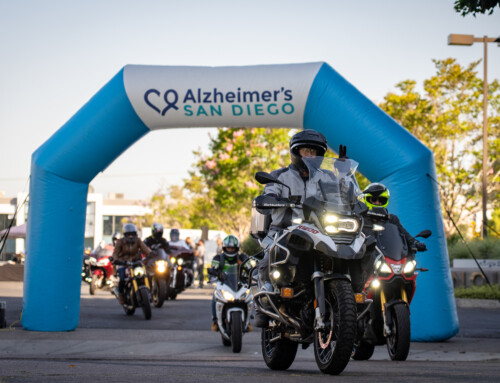
Wernicke-Korsakoff Syndrome is a rare brain disorder that is caused by long-term, heavy alcohol use. Those living with this condition are often younger (40-60 years old on average). This syndrome is often called ‘alcohol-related dementia’ because it leads to changes in thinking and behavior. It is one of the few neurological disorders that is both treatable and preventable. This disorder is a combination of two different, but related, conditions: Wernicke Encephalopathy (WE) and Korsakoff Psychosis.
Wernicke Encephalopathy
Wernicke Encephalopathy (WE) is a serious and deadly condition caused by not having enough thiamine. This lack of thiamine happens because of heavy drinking, which stops the body from absorbing important nutrients. WE causes symptoms like:
- Confusion
- Trouble balancing
- Muscle weakness
- Abnormal eye movements
Korsakoff Psychosis
If Wernicke Encephalopathy isn’t treated and drinking continues, most people develop Korsakoff Psychosis. This condition causes symptoms including:
- Forgetting things
- Hallucinations
- Difficulty learning new information
- Recalling events that never occurred
Treatment for “Alcohol-Related Dementia”
One important difference with this brain disorder compared to many others is that it can be treated. Whether treatments are successful largely depends on how early treatment begins. Treatment results are moderate and usually happen over about two years. Detecting and treating it early is crucial to avoid lasting brain damage. Treatment may involve:
- Abstinence from alcohol
- Nutritional support
- Thiamine replacement
- IV fluid replacement
- Medication
For personalized support, call us at 858.492.4400 to speak with one of our dementia experts who are here to help San Diego County residents and/or those caring for someone living in San Diego County (Spanish speakers available). Also check out our free education classes, social activities, caregiver support groups, & more.
RECOMMENDED: Managing Holiday Expectations with Dementia
Posted on December 23rd, 2024





